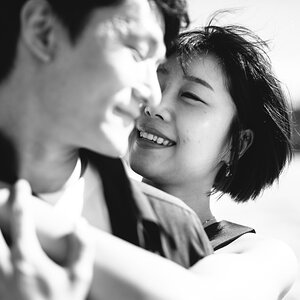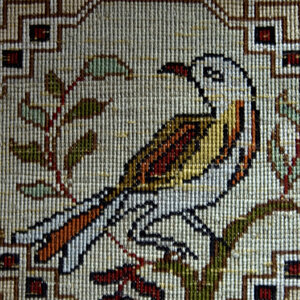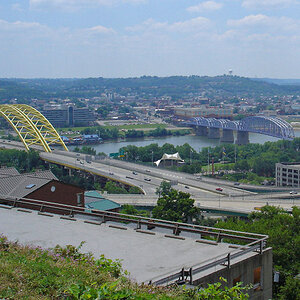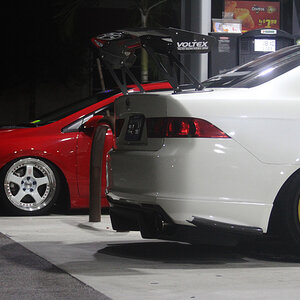jeryst
TPF Noob!
- Joined
- Nov 5, 2011
- Messages
- 6
- Reaction score
- 0
- Location
- Western Pa
- Can others edit my Photos
- Photos NOT OK to edit
I used to do portrait work back in the 35mm days, but have been out of it for many years.
Now I'm looking to get back into it again. Currently, I have a Pentax K20d for personal use, and am looking to upgrade
to a better camera.
I have narrowed it down to a Pentax K5 and a Nikon D7000. I will be doing mostly portrait work, but
also some events and some landscapes as well.
Pentax makes some great cameras, that are loaded with cutting edge features.
Nikon, well the name pretty much says it all.
I'm looking for some opinions to help me make up my mind, but I am really looking for
the one that takes the best "Wow" type photos because I dont like to fudge things
with post processing.
So let the battle begin - lol.
Now I'm looking to get back into it again. Currently, I have a Pentax K20d for personal use, and am looking to upgrade
to a better camera.
I have narrowed it down to a Pentax K5 and a Nikon D7000. I will be doing mostly portrait work, but
also some events and some landscapes as well.
Pentax makes some great cameras, that are loaded with cutting edge features.
Nikon, well the name pretty much says it all.
I'm looking for some opinions to help me make up my mind, but I am really looking for
the one that takes the best "Wow" type photos because I dont like to fudge things
with post processing.
So let the battle begin - lol.






![[No title]](/data/xfmg/thumbnail/34/34345-5642c495cae8d6c7bb83c28664146cf1.jpg?1619736381)






![[No title]](/data/xfmg/thumbnail/34/34343-b06994e286a2089b404358d95c37eaf0.jpg?1619736378)